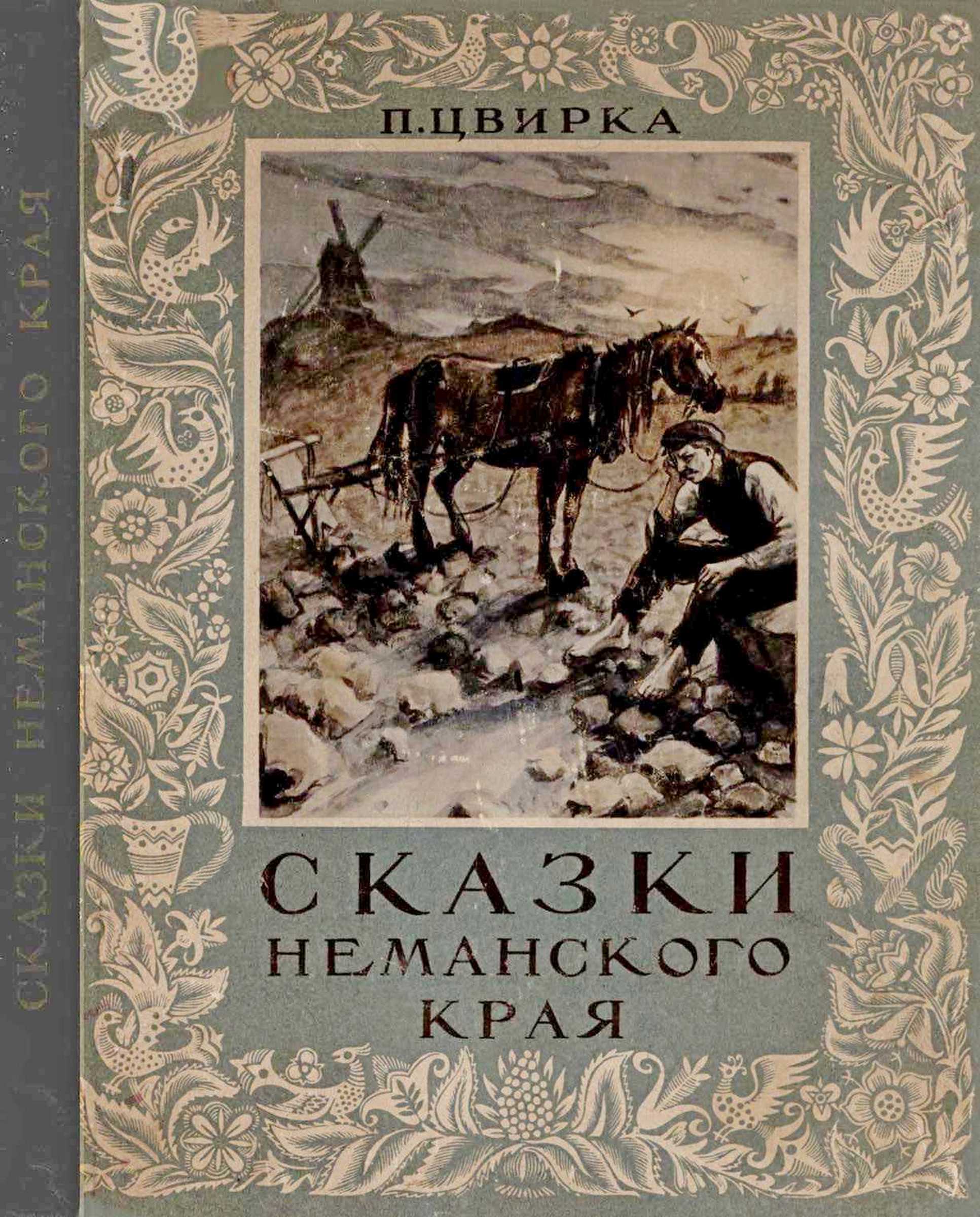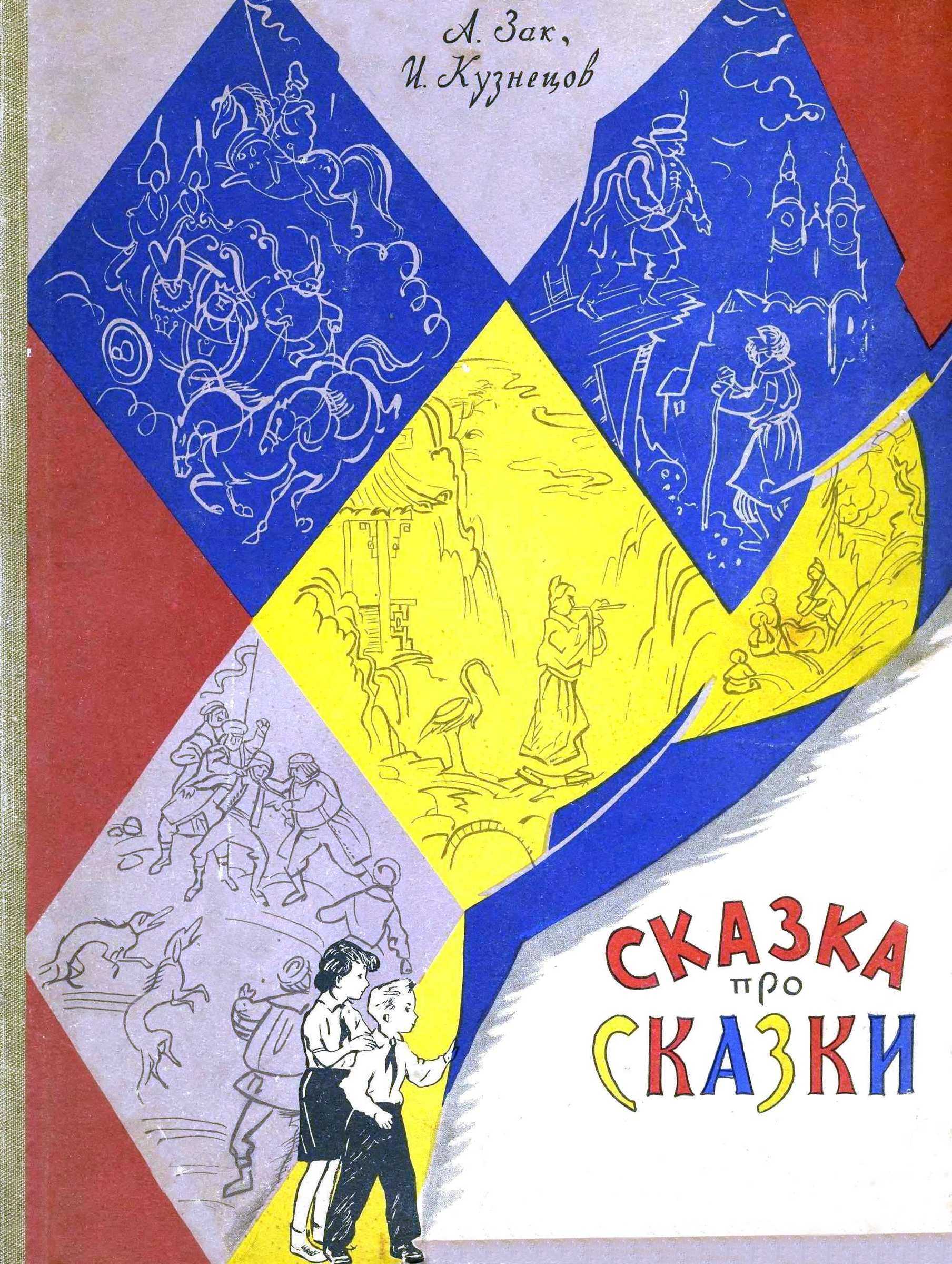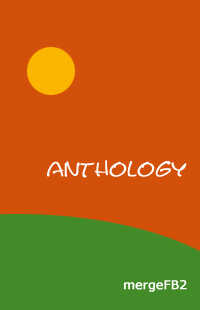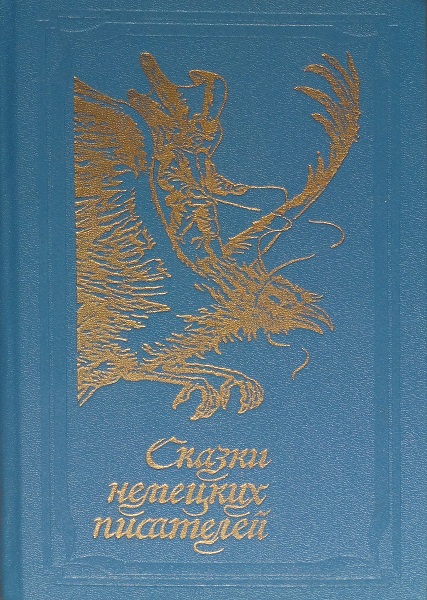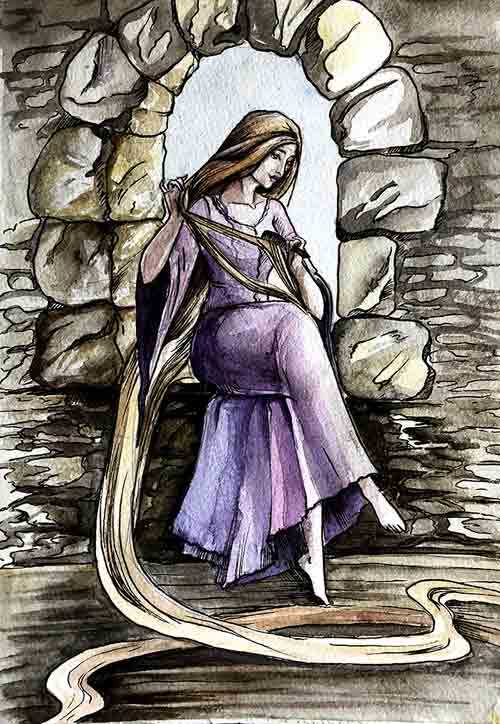1, 246.
139 “Nor was he less conspicuous”: Freeman, Robert E. Lee, Vol. 1, 248.
139 The landscape delighted: The Robert E. Lee Reader, Stanley F. Horn, ed. (Indianapolis, Ind.: Bobbs-Merrill, 1949), 58.
140 Lee busied himself: Freeman, Robert E. Lee, Vol. 1, 250.
140 “strongly occupied”: Ibid.
141 In desperation, Scott determined: Scott, Memoirs, Vol. 2, 460.
141 “the gorgeous seat”: Ibid., 466–67.
141 More important: Ibid., 469.
143 “passable for infantry”: Freeman, Robert E. Lee, Vol. 1, 256.
143 Lee concluded that if the Mexicans: Peskin, Winfield Scott, 178.
144 Again serving as a kind of trailblazer: Ibid., 179.
144 Lee stayed with the artillery: Freeman, Robert E. Lee, Vol. 1, 260.
144 “screw [their] courage”: Shakespeare, Macbeth, I, vii, 59.
144 He was among the first to recognize: Freeman, Robert E. Lee, Vol. 1, 260.
145 The attacks against General Valencia’s center: Ibid., 261.
146 Lee set out at eight o’clock: Ibid., 263.
146 “drenched and sore”: Ibid., 264.
146 For several minutes: Peskin, Winfield Scott, 181.
146 “the greatest feat”: Ibid., 180.
147 The center of the Mexican position: Freeman, Robert E. Lee, Vol. 1, 267.
147 “Our troops being now hotly”: Henry Alexander White, Robert E. Lee (New York: Greenwood, 1969), 42; Freeman, Robert E. Lee, Vol. 1, 269.
148 The fight at the fortified convent: Timothy Johnson, A Gallant Little Army: The Mexico City Campaign (Lawrence: University Press of Kansas, 2007), 180.
148 He had lost over: Peskin, Winfield Scott, 182.
149 The general made his headquarters: Freeman, Robert E. Lee, Vol. 1, 273.
149 “on slightly elevated ground”: Ibid., 274.
150 Accompanied by two other engineering officers: Ibid., 276.
150 He spent September 9: Ibid.
151 The volunteers had been formed: Ibid., 279.
152 “wild, looting and hunting”: Peskin, Winfield Scott, 188.
153 He made his way back: Freeman, Robert E. Lee, Vol. 1, 285.
154 Lee never lost confidence: Ibid., 292.
154 No fewer than seventy-eight: Johnson, A Gallant Little Army, 291.
154 He returned home: Freeman, Robert E. Lee, 294.
CHAPTER 5 A Long Peace—1848–1860
158 The family dog Spec: Douglas Southall Freeman, Robert E. Lee: A Biography (New York: Scribner, 1934), Vol. 1, 301.
158 “After a moment’s greeting”: Robert E. Lee Jr., Recollections and Letters of Robert E. Lee (Garden City, N.Y.: Doubleday, Page, 1924), 4.
158 “as much annoyance”: Ibid., 6.
158 “always petting her”: Ibid.
158 “From that early time”: Ibid.
161 He was influenced: Elizabeth Brown Pryor, Reading the Man: A Portrait of Robert E. Lee Through His Private Letters (New York: Viking, 2007), 229.
163 He felt anger: Gamaliel Bradford, Lee the American (Boston: Houghton Mifflin, 1927), 225.
164 “Lee not only loved”: Ibid., 214; Reverend J. William Jones, Life and Letters of Robert E. Lee: Soldier and Man (New York: Neale, 1906), 94.
164 “My heart quails within me”: Bradford, Lee the American, 212.
165 “frugal and thrifty”: Ibid.
166 Lee’s duties at the War Department: Freeman, Robert E. Lee, Vol. 1, 302.
167 As usual, his work progressed: Ibid., 306.
167 “The Cuban revolutionary junta”: Ibid.
167 Daily labor overseeing: Ibid.
169 “We must not for our own pleasure”: Robert E. Lee to Mary Lee, January 2, 1851, quoted in Emory Thomas, Robert E. Lee (New York: Norton, 1995), 148.
169 Baltimore was full of Lee: Freeman, Robert E. Lee, Vol. 1, 309.
169 The Lees participated: Lee, Recollections and Letters of Robert E. Lee, 10.
169 Lee had in fact gone to a good deal: Freeman, Robert E. Lee, Vol. 1, 309.
169 Here, at last, was an area: Ibid.
169 At first his grades: Ibid., 310.
170 “deeply humiliated”: Ibid.
170 Lee wrote to his son, “Dearest Mr. Boo”: New York Times, April 14, 1918, sec. VII, 5.
171 “We came home on a Wednesday”: Robert E. Lee to G.W. C. Lee, December 28, 1851, Jones, Life and Letters of Robert E. Lee, 76–77.
172 “Nothing was needed to assure”: Freeman, Robert E. Lee, Vol. 1, 314.
173 “I learn with much regret”: Henry Alexander White, Robert E. Lee (New York: Greenwood, 1969), 48.
174 “to receive a packet of socks”: Freeman, Robert E. Lee, Vol. 1, 321.
175 “It was built of stone”: Lee, Recollections and Letters of Robert E. Lee, 11–12.
175 A letter he wrote to “My Precious Annie”: Ibid., 15.
176 The cadets, seeing Lee: Ibid., 13.
178 Lee was spared any such trouble: Freeman, Robert E. Lee, Vol. 1, 333.
178 Lee may have wished: Ibid., 334.
179 “I fear the Genl”: Robert E. Lee to Markie, June 29, 1854, quoted in Thomas, Robert E. Lee, 158.
179 The joke here: Allan Peskin, Winfield Scott and the Profession of Arms (Kent, Ohio: Kent State University Press, 2003), 140–1.
181 “What is the excuse”: William Montgomery Meigs, The Life of Thomas Hart Benton (Philadelphia: Lippincott, 1904), 429.
182 He had called Mrs. Custis “Mother”: Freeman, Robert E. Lee, Vol. 1, 328.
183 “May God give you strength”: Lee, Life and Letters of Robert E. Lee, 18–19.
183 It is surely no accident: Paul Nagel, The Lees of Virginia: Seven Generations of an American Family (New York: Oxford University Press, 2007), 252.
184 “inculcating those principles”: Freeman, Robert E. Lee, Vol. 1, 325.
184 “You must not infer”: Ibid., 341.
184 Lee considered discharging cadets: Ibid., 344, n24.
184 His pride in inspecting the first graduating class: Ibid., 329.
184 She brought several of the familiar: Mary P. Coulling, The Lee Girls (Winston-Salem, N.C.: Blair, 1987), 40.
185 The grounds and gardens: Ibid., 34.
185 The board of visitors: Freeman, Robert E. Lee, Vol. 1, 347.
186 Again and again small detachments: Ibid., 348–49.
186 “with his dying breath”: Ibid., 350.
187 Lee gained nothing: Thomas, Robert E. Lee, 159.
188 The sheer tedium: Freeman, Robert E. Lee, Vol. 1, 362.
189 “These people give a world”: Freeman, Robert E. Lee, Vol. 1, 364.
189 “Yesterday I returned”: Ibid.
191 “my feelings for my country”: Robert E. Lee




















